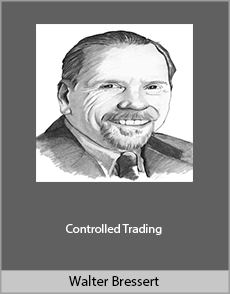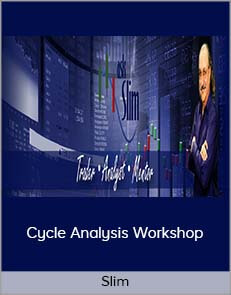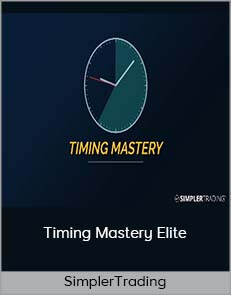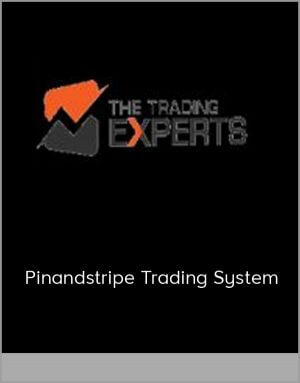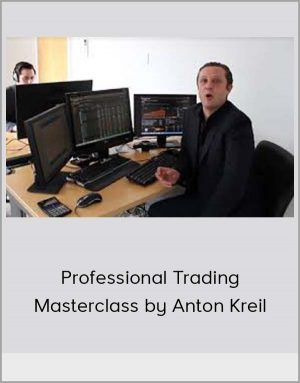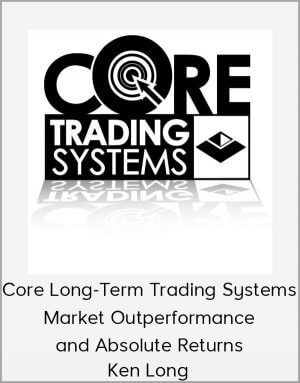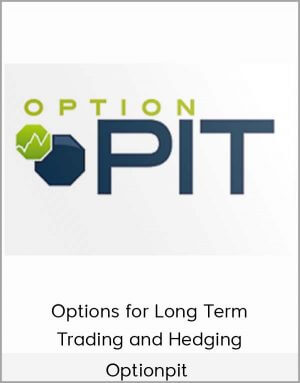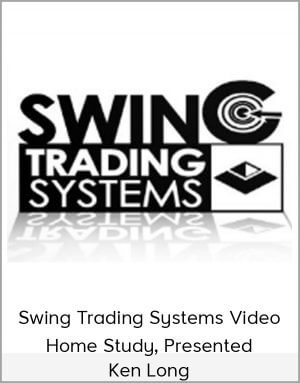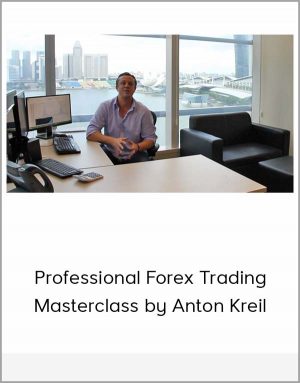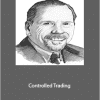Walter Bressert – Controlled Trading
$10.00
The amazing 3-10 oscillator is a simple and powerful indicator of tops and bottoms. Part 3 – Market Entry and Exit. To be in control, we must first determine the time frame for which we are trading.
SalePage
Walter Bressert – Controlled Trading

Check it out: Walter Bressert – Controlled Trading
Most traders react to the market, their brokers, and their emotions. When you react because the unexpected has occurred, you are out of control. When you respond as part of a pre-determined game plan, you are in control. In this workshop, Walt will share with you his 4-Step Program of Controlled Trading that will keep you in control of your trading.
Part 1 – Market Analysis. “The trend is your friend;” and not only do we want to know what the trend is, we want to anticipate when the trend will reverse. With cycle analysis, you can both define the trend (long-term, intermediate-term, short-term) and anticipate tops and bottoms (both major tops and trading tops). Part 2 – Oscillator Analysis. Both cycles and oscillators are dependent upon time and price. Quite often cycle highs and lows are accompanied by oscillator extremes. When you know these extreme levels, tops and bottoms can be identified with confidence. Walt also presents easy-to-use techniques to fine-tune the oscillators and build tradable oscillator/cycle combinations to buy bottoms and sell tops. The amazing 3-10 oscillator is a simple and powerful indicator of tops and bottoms. Part 3 – Market Entry and Exit. To be in control, we must first determine the time frame for which we are trading. All too often we use a short-term entry technique and a sort-term stop while planning a long-term trade. By defining the time frames before we enter the market, we can apply the correct market entry and exit techniques using weekly, daily, and intra-day techniques to buy on weakness and strength, and to sell on strength and weakness. Part 4 – Controlled Risk Money Management. Walt’s “controlled risk” money management will show you how to stay in control of the trade at all times, from planning the trade to market exit.

